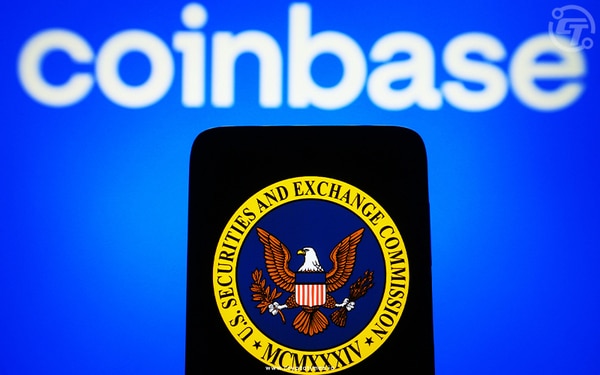In a recent court hearing between the U.S. Securities and Exchange Commission (SEC) and Coinbase, the SEC made an interesting argument regarding the approval of a firm’s S-1 application to go public. The SEC stated that approving such an application does not imply a “blessing” from the agency or guarantee regulatory compliance.
The SEC trial counsel, Peter Mancuso, emphasized that granting the company permission to go public does not mean that the SEC is endorsing its underlying business or structure, nor does it imply that the business is operating within legal boundaries.
This statement sparked discussions on Twitter, with people questioning why the SEC would allow a supposedly non-compliant business to go public if its primary objective is to protect U.S. consumers.
U.S.-based companies are required to submit an S-1 filing to the SEC before listing their shares on a national stock exchange. This filing provides a comprehensive overview of the company’s structure and outlines the use of funds from an Initial Public Offering. However, Mancuso clarified that the SEC’s focus is primarily on approving company disclosures rather than endorsing the business structure itself.
Coinbase, which was initially charged by the SEC for alleged unregistered securities offerings dating back to 2019, is seeking an early dismissal based on several grounds. One of their arguments is that the SEC is charging them despite having thoroughly described their business structure and planned activities to the agency before their IPO.
Also Read: Major Victory For Ripple In SEC Lawsuit, XRP Not A Security!
As the court proceedings continue, the implications of the SEC’s argument and Coinbase’s defense will undoubtedly play a crucial role in shaping the regulatory landscape for cryptocurrency exchanges and their interaction with the SEC.






